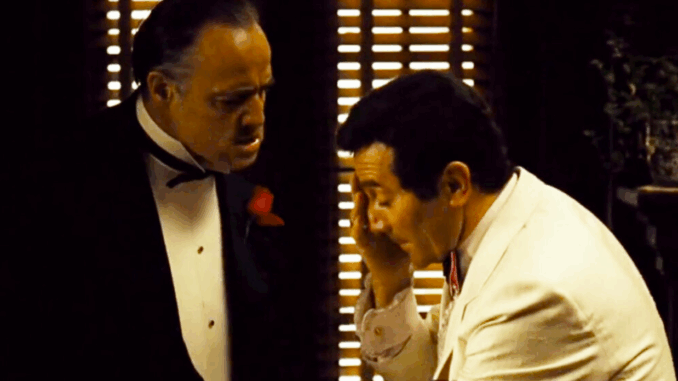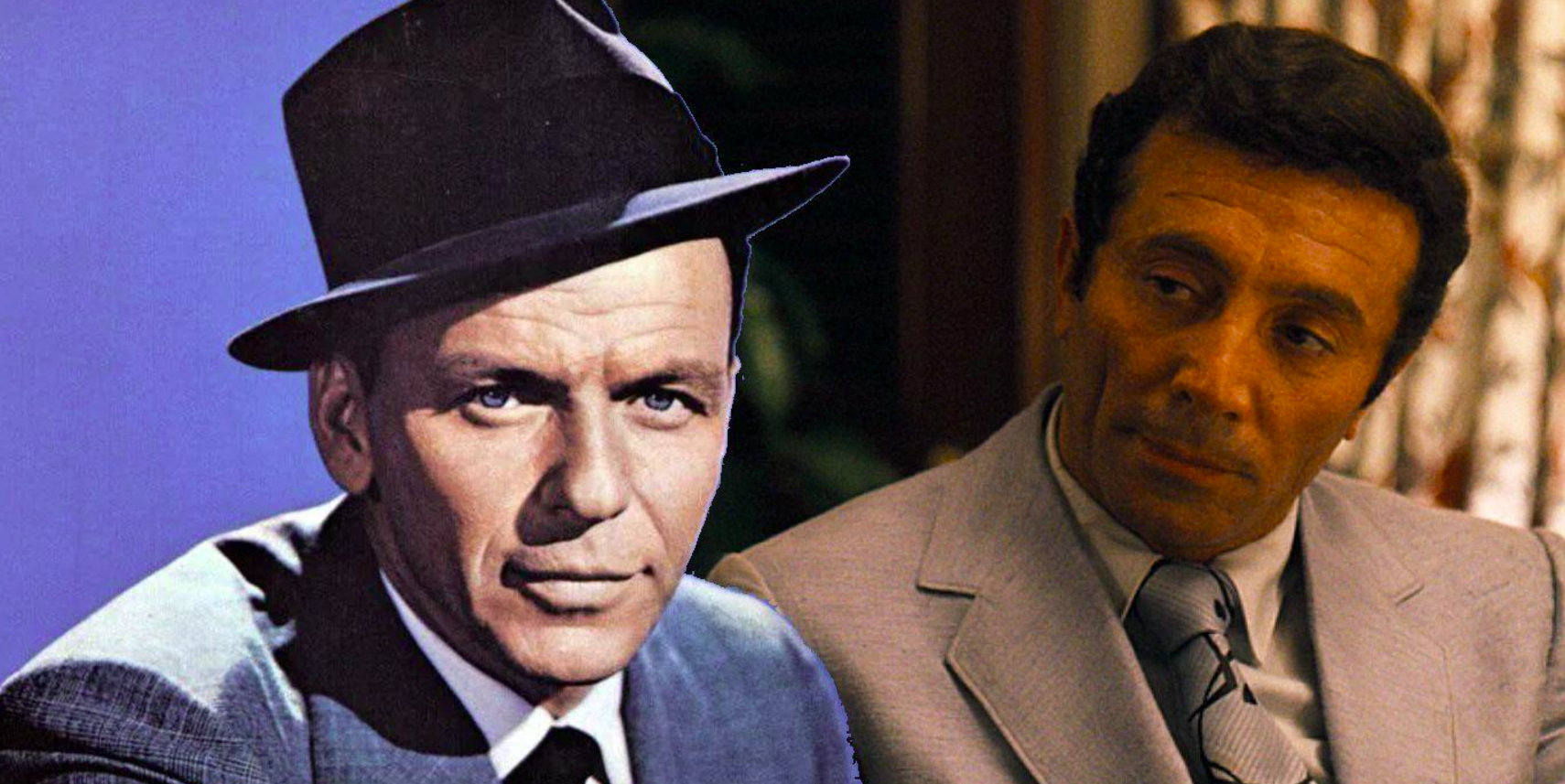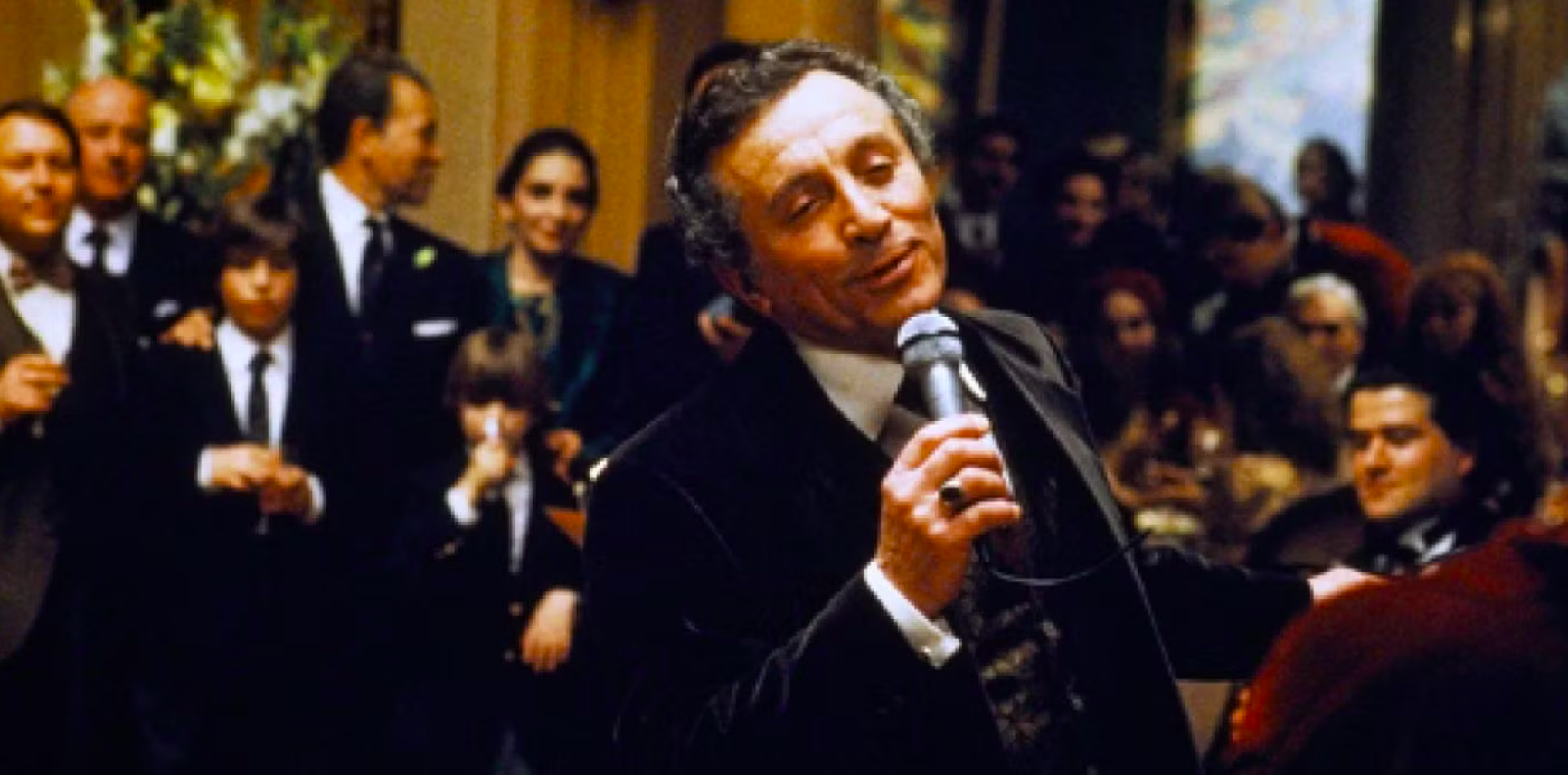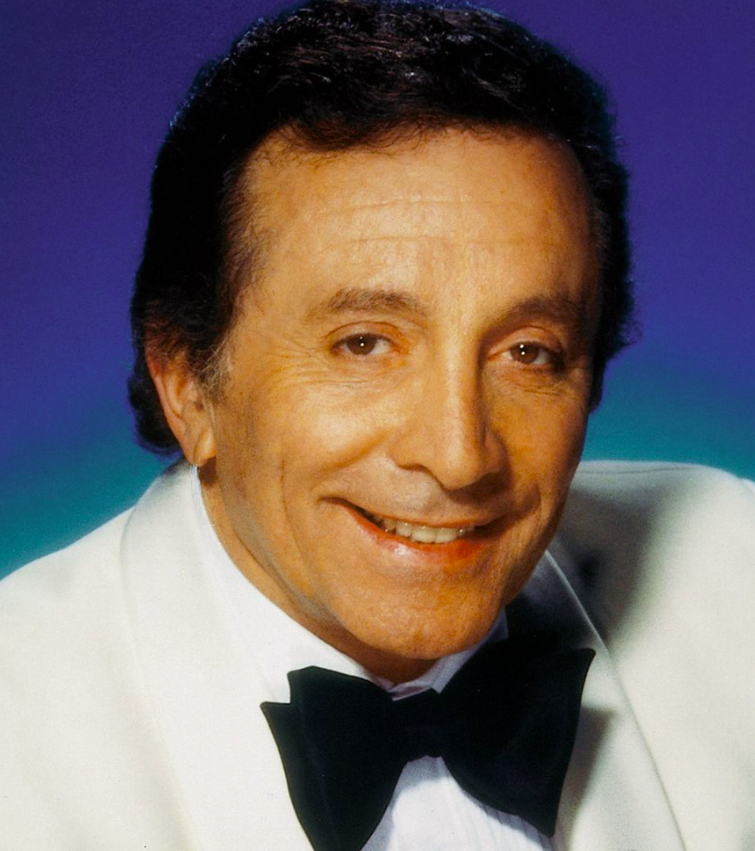
Contents
Al Martino: From The Godfather to a Timeless Musical Icon
Al Martino, best remembered for his poignant role as Johnny Fontane in The Godfather, left behind far more than just a legacy of screen presence. A captivating crooner and seasoned performer, Martino’s contributions to music and film continue to ripple through generations. Although the singer-actor passed away in 2009, his work is experiencing a quiet but steady resurgence, particularly in the world of digital music and pop culture history.
As fans revisit The Godfather—a cinematic staple—many rediscover Martino’s silky voice and smooth stage charisma. But who was Al Martino beyond his most famous role? And what has become of his career’s impact in today’s world?

The Man Behind Johnny Fontane
Before he became immortalized in film, Al Martino was first and foremost a singer. Born in Philadelphia in 1927, he built his career during the golden era of Italian-American vocalists. Martino had a rich baritone that captured the hearts of millions during the 1950s and ’60s, with hits like “Here in My Heart,” “Spanish Eyes,” and “Volare.”
These songs not only topped the charts in the United States but also earned Martino international recognition. He was one of the few American artists who consistently appeared on British charts in the post-war period, laying the groundwork for the transatlantic success that later artists would enjoy.
By the time Francis Ford Coppola cast him as Johnny Fontane—a character inspired in part by Frank Sinatra—Martino was already a household name in music. His involvement in The Godfather reintroduced him to younger audiences, blending his singing talent with his acting skill in a role that was both haunting and unforgettable.
A Career That Transcends Death
Despite his death in 2009, Al Martino’s legacy is far from forgotten. In fact, the digital age has revived his work in remarkable ways. Platforms like Spotify, YouTube, and Apple Music have introduced his songs to new generations. His tracks, especially “Spanish Eyes,” have been featured in films, commercials, and retro playlists that continue to circulate online.
The result? A remarkable posthumous career that thrives without headlines or concert tours. Martino’s voice lives on, streamed millions of times each year. His Spotify profile, once dormant, now has hundreds of thousands of monthly listeners. On YouTube, remastered videos of his performances gather comments from people of all ages, many expressing how his voice brings comfort, nostalgia, or discovery.
Influence on Modern Artists
Al Martino’s crooning style continues to influence today’s musicians—especially in jazz, lounge, and classic pop revival genres. Artists such as Michael Bublé and Harry Connick Jr. carry echoes of Martino’s phrasing and romantic delivery. Even hip-hop producers have sampled his work, incorporating vintage Martino melodies into modern beats.
One notable example is the use of Martino-style instrumentals in cinematic hip-hop tracks, especially those evoking mafioso or noir vibes. His aesthetic influence stretches beyond sound into visual culture as well. Music videos, film soundtracks, and even fashion editorials have drawn from Martino’s suave persona in The Godfather.
His character Johnny Fontane has also become a cultural reference point, often cited when discussing the intersection of Hollywood glamour and mob politics. Through this lens, Martino remains relevant as both a performer and a symbol of an era.
Reissues, Tributes, and Archival Projects

In recent years, labels have begun reissuing Martino’s original vinyl albums in remastered formats. Collectors and audiophiles alike have found renewed appreciation for his full-length LPs, which often get overshadowed by individual hits. Specialty record stores in Europe and North America report steady demand for Martino’s music, especially among fans of vintage pop.
Additionally, tribute concerts and cover albums have emerged in his honor. Las Vegas, where Martino frequently performed in his heyday, has hosted several small-venue tributes highlighting his songs. Tribute singers, often trained in opera or classical voice, take to the stage in satin tuxedos to recreate Martino’s elegant sound.
On social media, pages dedicated to classic crooners frequently feature his performances. Nostalgia-based Instagram accounts post clips of Martino with captions that highlight his romantic lyrics and timeless delivery. This renewed visibility is crucial to preserving his artistry for future generations.
The Enduring Power of Emotion
What separates Al Martino from many of his contemporaries is the emotional weight of his voice. Whether he was singing about longing, heartbreak, or celebration, his delivery was always rooted in authenticity. His work resonates in part because it transcends time—it connects across cultures, languages, and decades.
Music critics today regard Martino’s catalog as an essential component of American musical history. His ability to bridge Italian operatic tradition with American pop standards was unique, creating a rich, textured sound that’s hard to duplicate.
His performance in The Godfather—in particular the emotional rendition of “I Have But One Heart”—symbolizes a bittersweet merging of personal passion and artistic legacy. It’s a scene that still moves viewers to tears, decades after its original release.
What’s Next for the Al Martino Legacy?

There are whispers in the entertainment industry about a potential documentary focused on Martino’s life and career. Several filmmakers have expressed interest in telling the story of this underestimated star—a man who, despite industry challenges and generational shifts, managed to leave an indelible mark on both music and film.
His family has hinted at releasing a collection of unreleased recordings, demo tapes, and archival footage. If this material is curated and promoted properly, it could reintroduce Martino to an entirely new audience.
Moreover, music historians are advocating for his inclusion in more prominent halls of fame. While Martino is widely respected, he has yet to receive the level of institutional recognition given to some of his peers. Campaigns for posthumous honors are gaining momentum online, with fans and scholars calling for a comprehensive celebration of his impact.
Conclusion
Al Martino’s current career might not involve red carpets or studio sessions, but it is anything but over. His music continues to play in cafes, homes, and headphones around the world. His legacy thrives in tribute performances, digital streams, and cultural memory.
In an era dominated by fleeting fame, Martino represents the kind of enduring artistry that stands the test of time. He may have been Johnny Fontane to the world of cinema, but to millions of music lovers, he remains something far greater: a voice that never fades.
Discover more exciting news and the latest updates on our official news page: The Godfather
Explore more stories and latest news at: Kpopall

Leave a Reply